Photo credits: Public Domain Certification
In the late afternoon hours of March 5, 1770, a cadre of British soldiers sparked a day that went down in infamy while they were providing security for the Boston Customs House.
This incident of bloodshed was called the Boston Massacre. It is believed to be a precursor to the Revolutionary War– a military struggle the U.S. waged against Great Britain in order to gain freedom from the monarchy’s colonial control.
To set off the Boston Massacre, British soldiers discharged gunshots at a crowd of civilians, which killed three men and injured eight. Two of those eight men were injured mortally. The soldiers were besieged by jeering Bostonians who threw hard-packed snowballs at them.
The small unit of British soldiers lost control when one of them got hit with a snowball, according to legend. They reportedly fired bullets at the civilian crowd even though they were ordered not to.
A half African-American, half Native American sailor named Crispus Attucks (pictured) was the first civilian in the crowd to die, according to U.S. historians. Details about Attucks’ early life remain sketchy to this day. However, most American scholars believe he fled from the sadistic confines of U.S. slavery in 1750.
After that, historians say Attucks spent the next two decades working as a stevedore on whaling ships. He was the only victim of the Boston Massacre whose name became widely known. Later, in history, Attucks was memorialized as the first hero of the American Revolution.
Attucks was born sometime in 1723. His birth city is believed to be Framingham, Massachusetts of the New England state’s Bay Area.
In the nineteenth century, the legendary story of Crispus Attucks had grown exponentially from a symbolic standpoint. His heralded example of patriotism and making the ultimate sacrifice became an exemplary model for African-American people in the U.S.
“When in 1776 the Negro was asked to decide between British oppression and American independence,” renowned Black American educator Booker T. Washington said of Attucks in an 1898 speech.
“We find him choosing the better part and Crispus Attucks, a Negro, was the first to shed his blood on State Street, Boston, that the white American might enjoy liberty forever, though his race remained in slavery,” he continued.
By escaping the dehumanization of chattel slavery, Attucks put the last 20 years of his life on the line. Tragically, he was killed with a British bullet; by way of a country, which would eventually outlaw slavery decades before his own nation did. The story of Crispus Attucks also exposes one of the biggest ironies of America’s Revolutionary War.
While U.S. militiamen fought against foreign British imperialism to declare their nation’s own freedom and sovereign borders, domestic U.S. imperialism denied freedom and humanity to Black Americans. But this was not the only inhumane ingredient of America’s foundation.
Domestic U.S. imperialists robbed the already sovereign lands of indigenous Natives also.





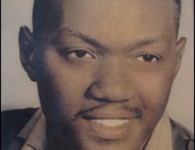
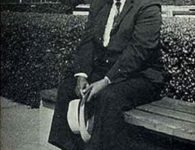
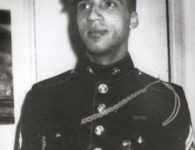
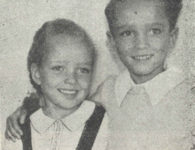
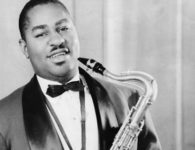

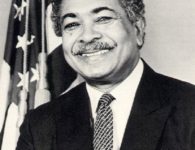


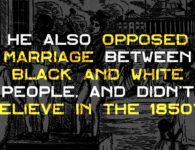
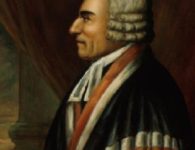
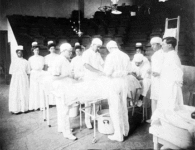



No comments